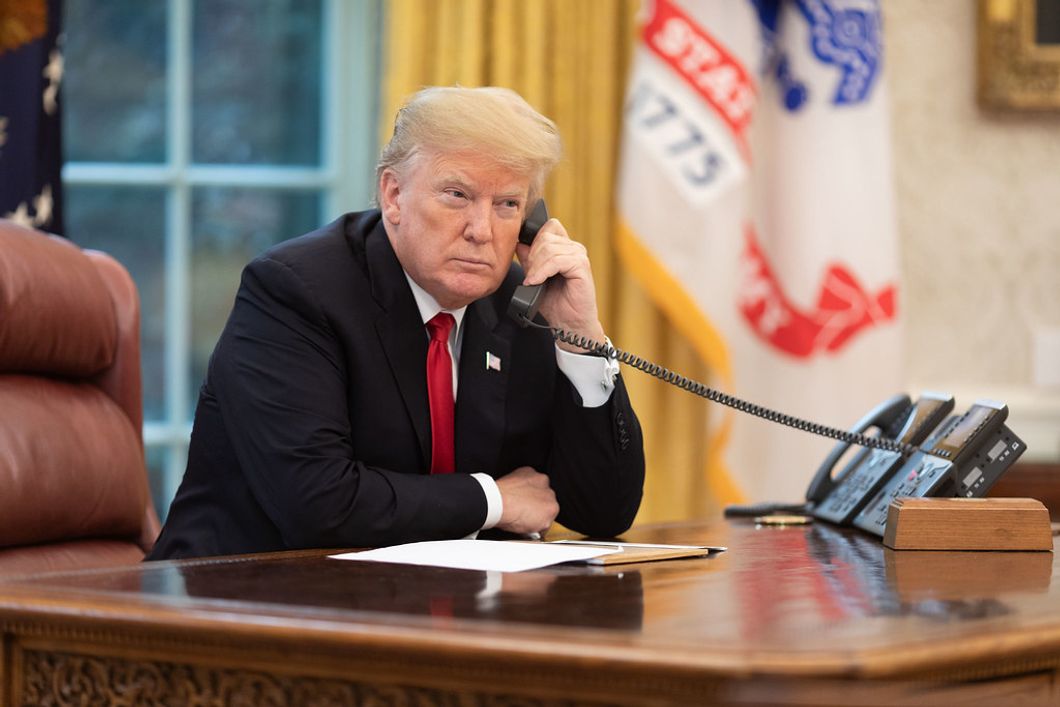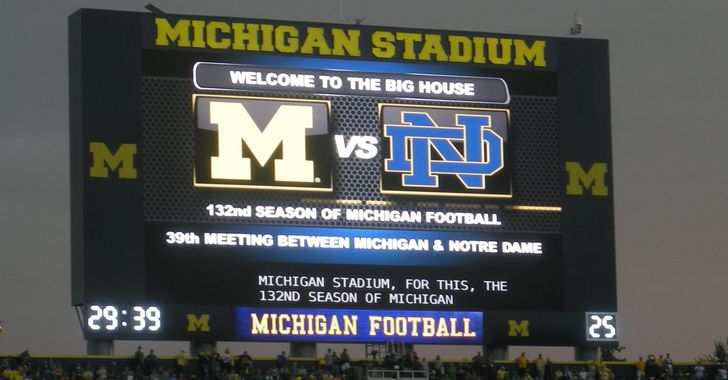Last Tuesday, Speaker of the House Nancy Pelosi announced that the House of Representatives was going to begin a formal impeachment inquiry against Donald Trump. A recent whistleblower complaint raised concerns about the president's phone call with Ukrainian Prime Minister Volodymyr Zelensky, during which Trump urged Zelensky to investigate Joe Biden and his son for their involvement with a Ukrainian natural gas company.
The impeachment process is long and winding, and many are raising questions as to whether it's even worth initiating when the majority-Republican Senate is so unlikely to convict Trump. For Republicans, an impeachment obviously spells bad news for their 2020 forerunner because it brings to light his wrongdoings in office. For Democrats, impeachment proceedings are likely to draw attention away from urgent legislation like gun control and environmental welfare laws. It seems that an impeachment inquiry may do more harm than good for both parties as we approach the 2020 elections.
The great thing about the Constitution, though, is that it applies even if it doesn't directly benefit a political party.
America, with all of its rabid bipartisanship, seems to have lost sight of the purpose of the Constitution. Too often has it been used as a pawn in the cutthroat competition that is modern politics, a way to justify wrongdoing or set precedent for this week's hot-button legislation.
But, politics aside, the Constitution clearly mandates an inquiry into Trump's recent actions. It calls for the impeachment of all civil officers on the grounds of "treason, bribery, or other high crimes and misdemeanors." The third part of this statement is a little more open to interpretation than the first two parts, and it is certainly an appropriate category for a president who attempts to pit foreign leaders against his political opponents.
The situation gets especially sticky when you take into account the fact that Trump withheld military aid to Ukraine prior to the phone call. Federal election law, specifically 18 US Code Section 1, states that it is a felony to "[seek]... to receive or accept anything of value personally or for any other person or entity, in return for… an official act."
It's not hard to see the connection between these two things — Trump will bring back military aid if, in exchange, Zelensky helps him dig up condemning information on Biden.
Even if Trump's removal of military aid was a complete coincidence, and if the information on Biden is not formally determined to be something "of value," there is still more than enough evidence to warrant an inquiry of Trump's actions. If Trump was indeed withholding military aid in order to get Zelensky to attack a political opponent, then impeachment is the only Constitutional route the House can take.
Party loyalty in the Senate may very well prevent Trump from being removed if the impeachment proceeds. The Democrats may very well suffer political backlash for instigating the process, and Republicans likely will as well — that's the nature of U.S. politics. But it's critical that we remember that America was not founded to bend to the whims of political interest, she was founded to adhere to the Constitution, the living document that protects her people's freedoms and outlines procedures that allow America to avoid the tyrannical corruption that the Founding Fathers feared.
And should an impeachment inquiry reveal that Trump's interests do indeed lie more closely to his own power than to the political health of the country he represents, then the Constitution will dictate, as it has in the past, that he no longer deserves claim of the title of President.









 Photo by
Photo by 









































